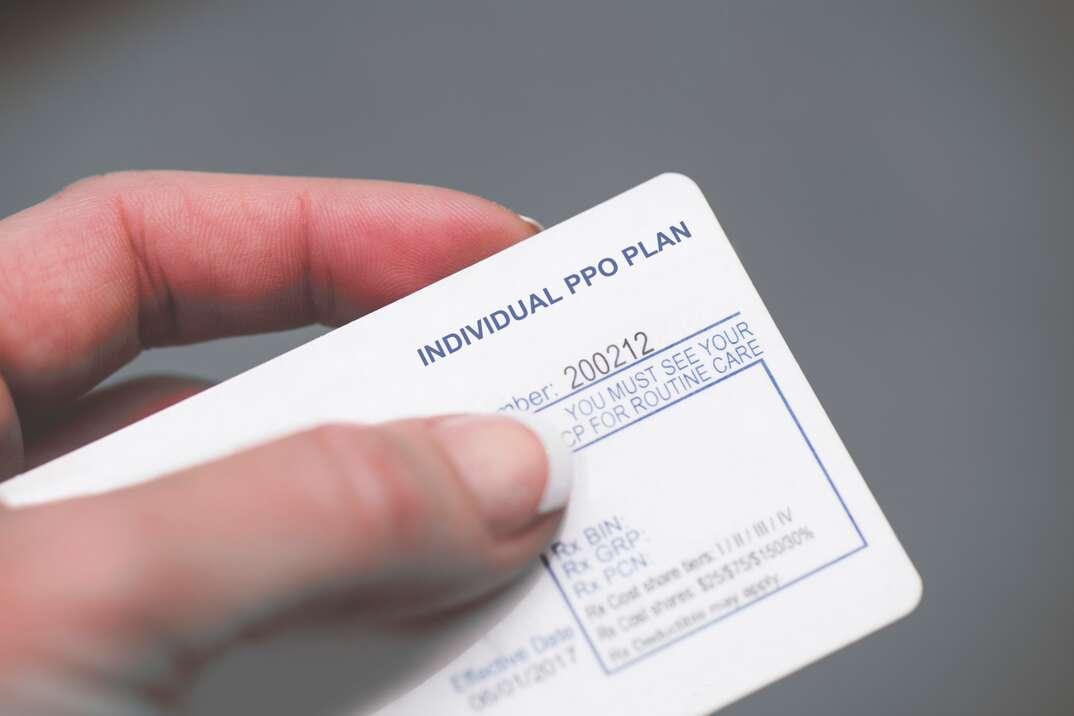What Is a PPO?

What is a PPO? HMO, PPO, deductible, co-insurance … sorting through all the unfamiliar terminology related to health insurance can feel like a full-time job.
It's important to understand what a PPO is and how it compares to an HMO when choosing healthcare coverage.
What Does PPO Stand For?
The letters in PPO stand for “preferred provider organization.” It's a type of health insurance plan.
A PPO is a managed healthcare plan with a network of preferred providers, including hospitals, doctors and other medical providers. When you go to one of the preferred providers for your healthcare needs, you pay less for your portion of the bill. You can still visit other out-of-network providers, but you'll pay significantly more for the care you receive.
How Is It Different From an HMO Plan?
Another type of health insurance plan is an HMO, which stands for “health maintenance organization.” If you have an HMO, you typically have to choose a primary care doctor from the network. That person coordinates all your care and typically has to provide you with a referral if you need to see a specialist.
Under a PPO, you don't have to choose a primary care doctor, and you can visit a specialist without a referral. Another big difference is that HMOs don't usually cover anything if you see an out-of-network provider, unless it's for a medical emergency.
Pricing can vary with any plan, but PPOs are generally more expensive than HMOs. While you might have to pay more out of pocket if you have a PPO, you also get a lot more freedom over your care.
Is a PPO or HMO Better?
Deciding between a PPO and HMO comes down to your circumstances — one isn't better than the other in every situation. If you get your health insurance through your employer, you might not have a choice. Some offer only one plan.
If you have both options, consider your needs and preferences. If you already have providers and specialists you see regularly, make sure they're in the network of the plan you choose. That's especially important with an HMO, since you won't get any coverage if they're not. Consider your budget and think about how important flexibility is in your medical care.
Elocal Editorial Content is for educational and entertainment purposes only. Editorial Content should not be used as a substitute for advice from a licensed professional in your state reviewing your issue. The opinions, beliefs and viewpoints expressed by the eLocal Editorial Team and other third-party content providers do not necessarily reflect the opinions, beliefs and viewpoints of eLocal or its affiliate companies. Use of eLocal Editorial Content is subject to the
Website Terms and Conditions.The eLocal Editorial Team operates independently of eLocal USA's marketing and sales decisions.



